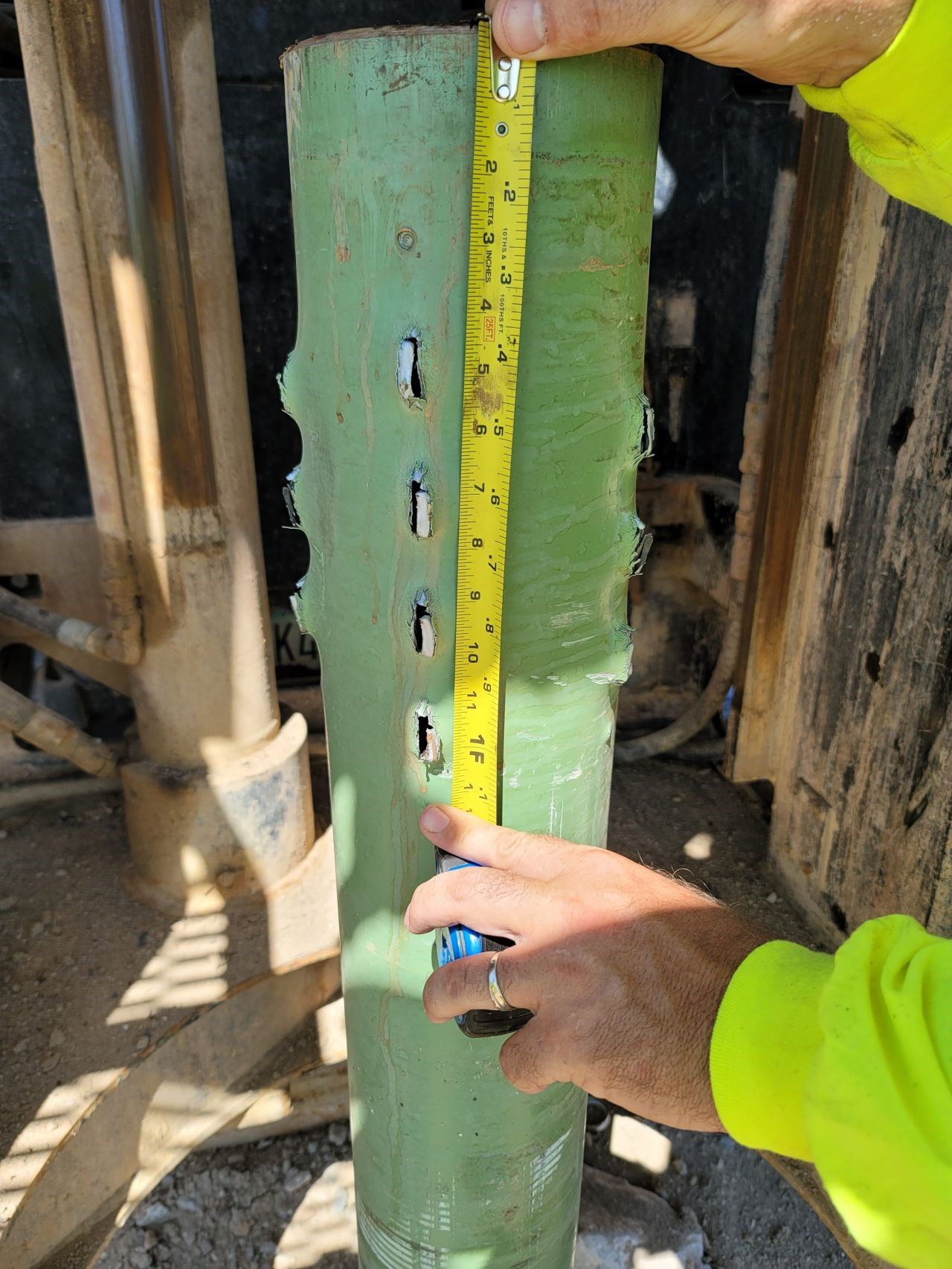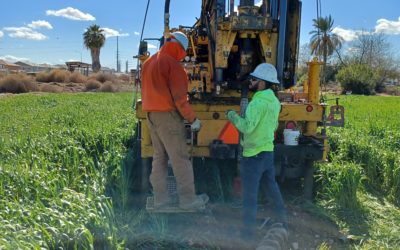As the Greater Phoenix, Arizona area continues to grow, the demand for clean and safe water has never been more critical. Ensuring sustainable water resources for this desert region is an ongoing challenge, especially considering the negative effects of groundwater contamination on the quality and availability of water. One innovative solution that has proven effective in maintaining and enhancing water quality in the area is the use of downhole perforators. In this article, we’ll explore the role downhole perforators play in improving water quality, the benefits they bring to the community, and their potential for broader applications.
What are Downhole Perforators? (Soil Testing)
Downhole perforators are specialized tools used in the oil and gas industry for creating perforations in the casing and cement surrounding a wellbore. This allows for improved communication between the wellbore and the surrounding formation, enabling the efficient extraction of hydrocarbons. However, downhole perforators have also found applications in the water management sector, where they can be utilized to create targeted perforations in well casings to help maintain and improve water quality
How Do Downhole Perforators Enhance Water Quality? (Soil Testing)
In the Greater Phoenix area, groundwater contamination is a major concern, with pollutants like nitrates, heavy metals, and industrial chemicals posing significant risks to water quality. Downhole perforators can be employed to create targeted perforations in the well casing and cement, allowing for the selective extraction of water from specific depths or zones in the aquifer. By carefully choosing the location and depth of these perforations, water managers can avoid contaminated zones and draw water from cleaner, uncontaminated areas.
Furthermore, downhole perforators can be used to create perforations in the casing of injection wells, which are used to recharge aquifers with treated water. By ensuring the water is injected into the appropriate zones, the risk of contamination is significantly reduced, and the overall water quality in the aquifer is improved.
Benefits to the Greater Phoenix Community
The use of downhole perforators in maintaining water quality in the Greater Phoenix area has numerous benefits for the community. These include:
- Improved public health: By reducing the risk of exposure to contaminants, the water quality is better maintained, leading to improved public health outcomes.
- Enhanced sustainability: The selective extraction of water from cleaner zones helps preserve aquifer levels, ensuring a sustainable water supply for future generations.
- Cost savings: By minimizing the need for extensive water treatment processes, downhole perforators can lead to cost savings for water utilities and ultimately, the end consumers
Future Applications and Considerations
The success of downhole perforators in the Greater Phoenix area highlights their potential for broader application in water management. As the global demand for clean water continues to grow, there is an increasing need to find innovative solutions that ensure water quality and availability. Downhole perforators, with their ability to selectively access clean water sources and reduce contamination risks, offer a promising solution.
Conclusion
In the face of growing water scarcity and the ongoing challenge of maintaining water quality, downhole perforators have emerged as a valuable tool in the Greater Phoenix area. By selectively extracting water from cleaner zones and minimizing the risk of contamination, downhole perforators are helping to improve water quality and ensure a sustainable supply for the community. As water management challenges continue to evolve, the innovative use of downhole perforators offers a promising solution for enhancing water quality and sustainability in other regions worldwide.


